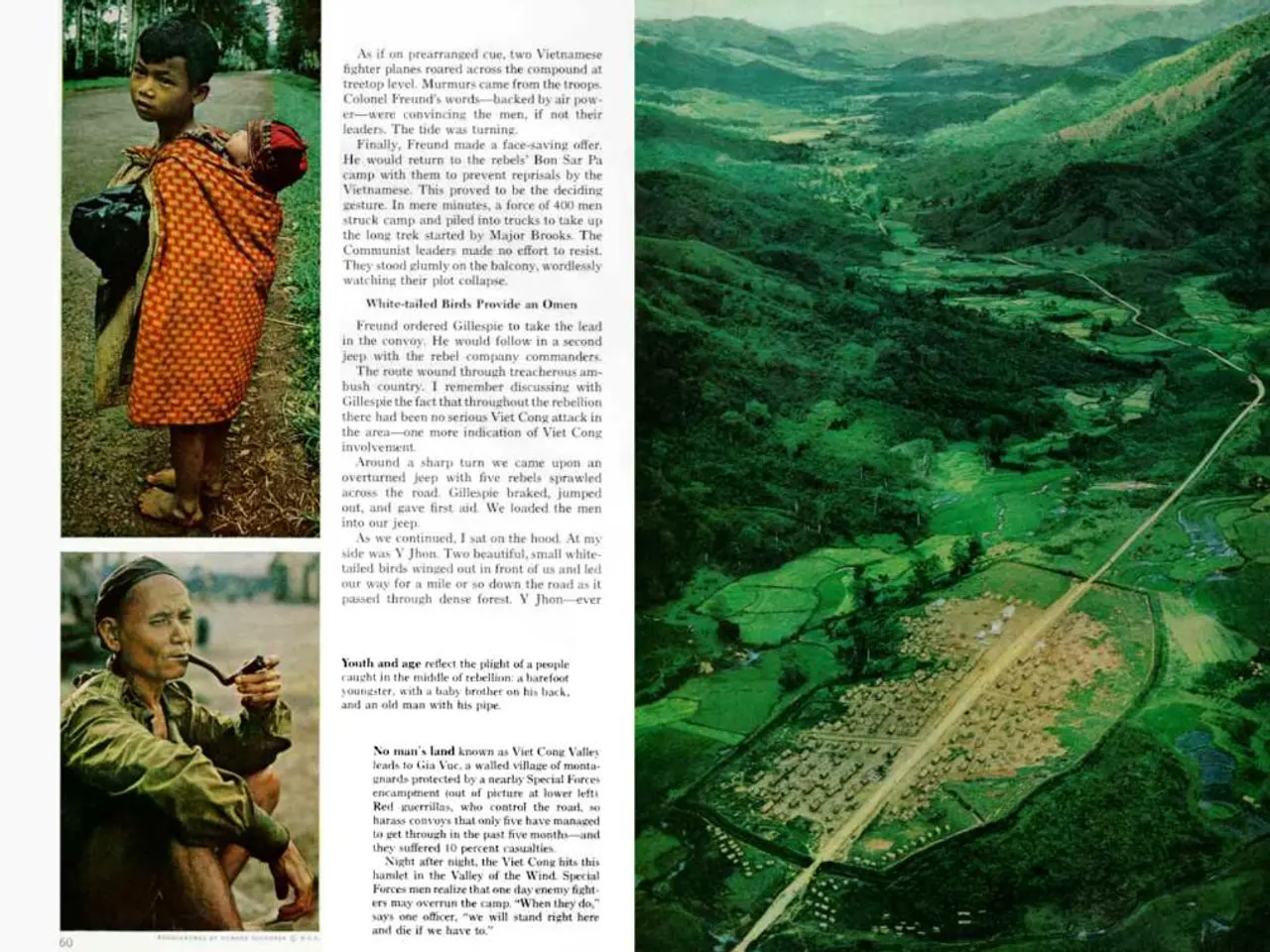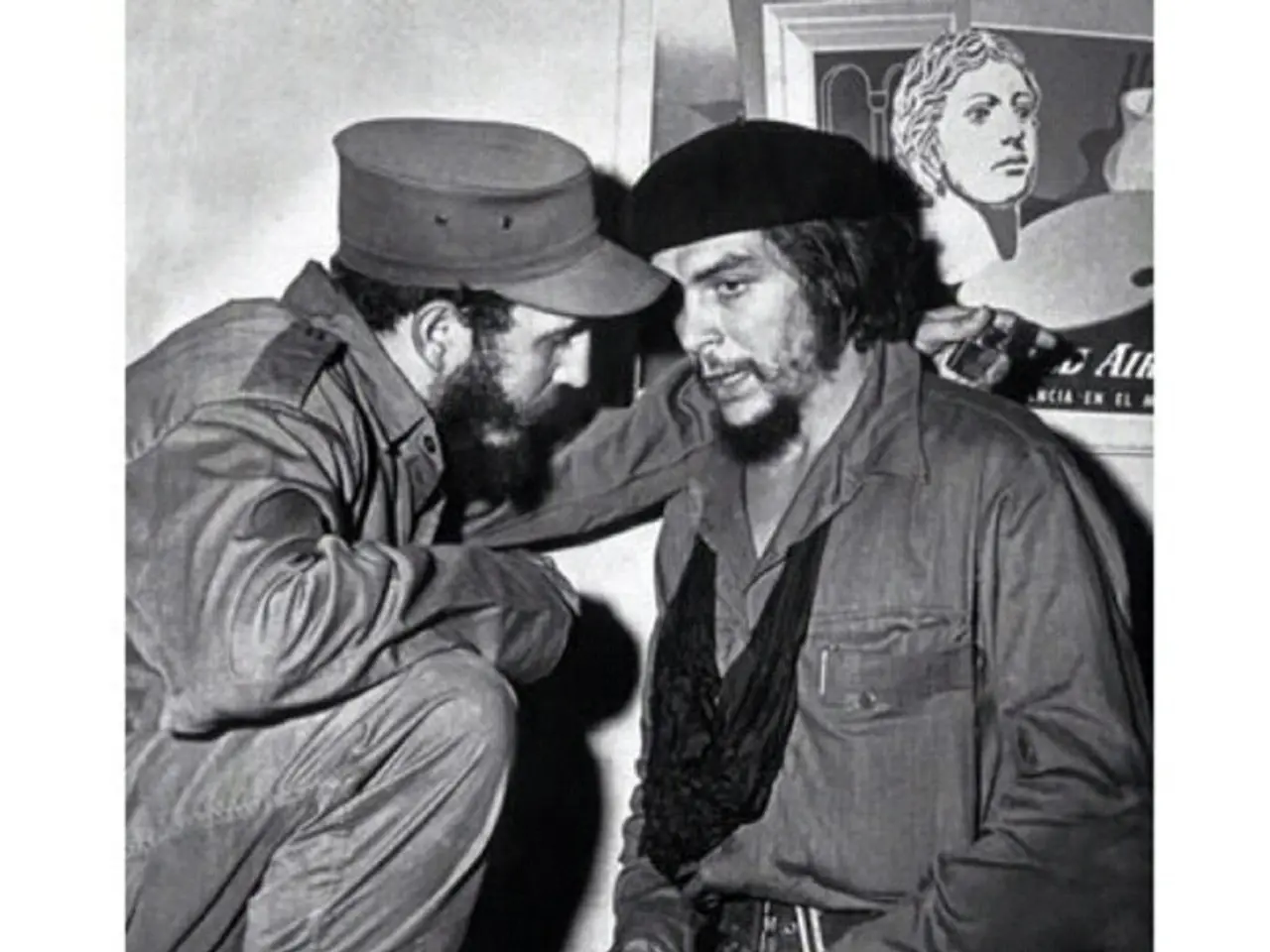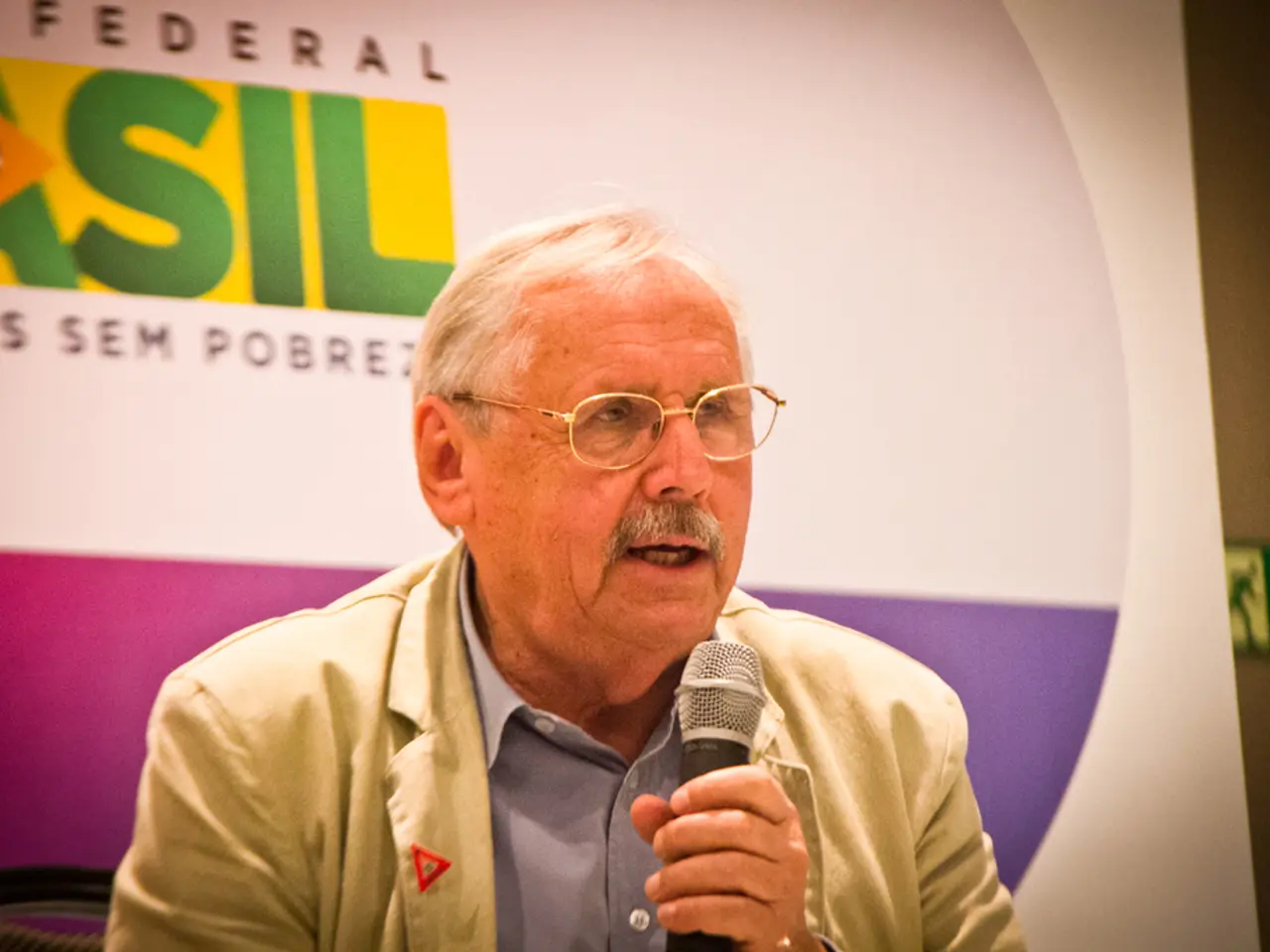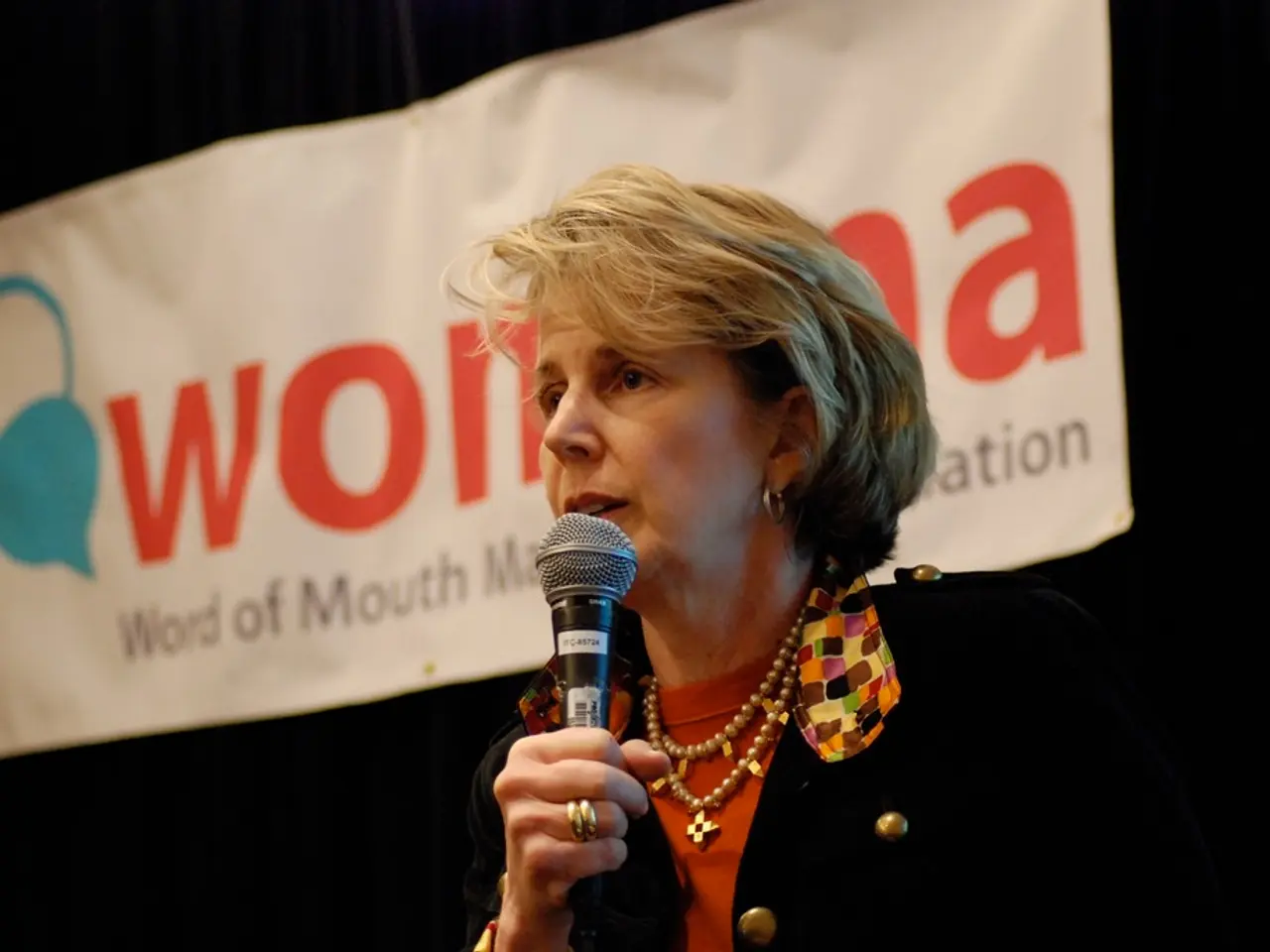Voter registry undergoes routine update, mandated by CEC
The Election Commission of India (ECI) is actively working on a large-scale voter database cleanup, known as Special Intensive Revisions (SIR), to remove duplicate entries, deceased voters, and those who have relocated. This initiative is aimed at enhancing the accuracy and credibility of electoral rolls across the country.
The ECI is employing modern techniques such as data analytics, digital documentation, and door-to-door verification to ensure the process is thorough and efficient. Accepting multiple forms of ID proof, the commission is adopting an inclusive approach to ensure no eligible voter is left out. To further promote transparency, an open claims and objections period has been established, allowing corrections before finalizing the updated list.
Political parties have been invited to meet the Commission in Delhi and across India to address outstanding and emerging issues. These meetings are being held to maintain transparency and ensure all parties are satisfied with the process. The ECI has clarified that any inclusion or deletion to the draft elector list is governed by the process of appeals under relevant legal provisions.
Despite the thorough process, the cleanup has sparked political controversy and accusations of disenfranchisement, particularly towards marginalized or migrant populations who might lack official documents. The ECI maintains it adopts a broadly inclusive approach, accepts various forms of identification, and encourages public participation to minimize wrongful exclusions.
To address urban apathy and encourage higher voter participation, polling stations will be set up within clusters of high-rise buildings and residential colonies in India. The voter list update will be done in close coordination with the birth and death registration authorities.
Chief Election Commissioner Gyanesh Kumar has ordered a regular updation of the voter list across the country. The process is scheduled to be completed by March 31, with over 100 districts already holding such meetings. The EC is putting the entire election machinery on a path to promote electors' participation and ensure a pleasant experience at the polling stations.
The ECI has also offered to train political party representatives and their appointed Booth Level Agents (BLAs) on the due processes as per electoral laws. Political parties have welcomed this offer, and the ECI has invited suggestions from all political parties on matters concerning the conduct of elections.
In addition to these efforts, the ECI is collaborating with UIDAI to remove duplicate voter IDs and ensuring even the most remote rural polling stations in India are equipped with basic facilities. The ECI has also launched the 'Voter Helpline' app to help voters verify their registration and lodge grievances, improving transparency in the electoral roll maintenance process.
The deadline for sending suggestions is April 30. The ECI's approach to cleaning the voter database consists of data-driven special revisions, inclusive ID verification, proactive outreach, and digital tools for transparency, combined with political consultation to maintain accurate and credible electoral rolls.
Policy and legislation play a significant role in shaping the ECI's voter database cleanup, as any inclusion or deletion is governed by the process of appeals under relevant legal provisions. news In the midst of political debates about the inclusivity of this initiative, the ECI is adopting an inclusive approach, accepting various forms of identification and encouraging public participation to minimize wrongful exclusions. Meanwhile, politics surround the cleanup, particularly towards marginalized or migrant populations, and thus, general news highlights the need for transparency and fairness in this process.








